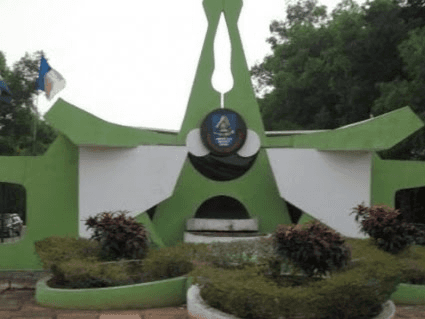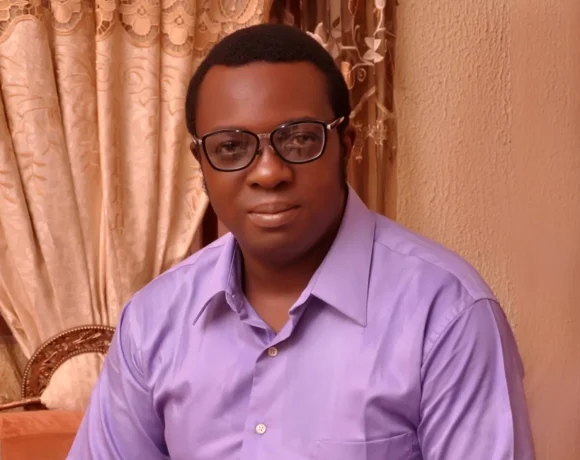NANS vows to oppose universities over proposed N80,000 electricity bill


The National Association of Nigerian Students has expressed its opposition to the Committee of Vice-Chancellors of Nigerian Universities’ proposed electricity tariff of N80,000 per student.
The proposed increase is perceived as a response to the country’s rising electricity costs, which colleges argue they can no longer afford to meet without shifting the burden to students.
Recall that Professor Yakubu Ochefu, Secretary-General of the CVCNU, recently revealed that university students may be compelled to pay up to N80,000 each to help manage rising electricity expenses.
Ochefu stated that each university, which was formerly charged N61m monthly, was now paying more than N200m due to the implementation of the Band A system and the subsequent hike in electricity tariffs.
In April 2024, the Nigerian Electricity Regulatory Commission increased the electricity cost for Band A users from N68/KWh to N225/KWh, a startling 300 per cent increase.
Band A customers receive at least 20 hours of electricity every day.
In response to this event, NANS National President Lucky Emonefe stated in a media interview that passing electricity costs to students was not acceptable.
“It is not possible. Nigerian students cannot pay such exorbitant fees. While we understand there has been a hike in electricity tariffs, the burden cannot be put on the students,” Emonefe stated.
He reiterated NANS’ determination to oppose any attempt to raise electricity costs for students across all universities.
He said, “The electricity tariff hike is one of the issues we are engaging the government on. It is not the fault of the Vice Chancellors, but we agree that the government should remove our institutions from Band A and place them in Band B. No Nigerian student will pay that N80,000; we will reject it.”
The Academic Staff Union of Universities also spoke out on the matter, pushing for increased government support for universities.
Prof. Emmanuel Osodeke, ASUU National President, emphasised that more financing will let universities operate independently and perhaps generate their power.
He went on to say how important it is for universities to obtain adequate funding to research self-sufficient energy solutions.
He said, “There are several issues wrong with the system. The funding is poor, and given the current environment, there is no way students can handle such a bill.
“There is no justification for this electricity hike in universities. You cannot charge them at a different rate. By right, everybody should be getting equal electricity, whether you are in Band A or Band B.
“If you fund the universities very well, every university can generate its electricity. If the universities are challenged to do that, we will. But now, universities cannot award contracts without going through the ministries.
“It is so sad because the universities are not allowed to operate on their own. If they are, they can do the necessary research to generate electricity on their own.”
On the other hand, the Association of Nigerian Electricity Distributors has advised institutions to adjust to the current reality of rising costs for electricity.
Sunday Oduntan, Discos’ Executive Director of Research and Advocacy, indicated that reversing the tariff hike was not feasible.
“That is the reality of our time. If the businesses apply it, it is fixed by the regulator and not by the discos using realistic economic realities. If they say we should not consider the cost of production, that means all the businesses will fold up, and there will not be light,” Oduntan explained.





![UNILAG Academic Calendar for 2019/2020 Session [UPDATE] UNILAG](https://sundiatas.net/wp-content/uploads/2019/11/UNILAG.jpg)



